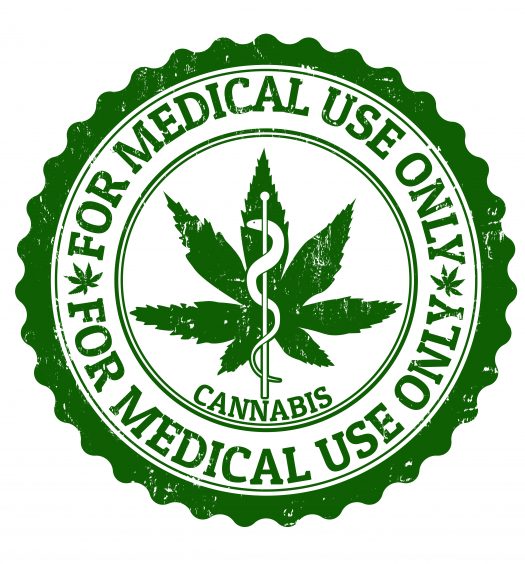With Amendment 2 now on the books, Florida has dramatically expanded the range of people who have access to medical marijuana. In addition, if you have a qualifying condition you may now be able to access marijuana with THC, not just the low-THC cannabis that was previously reserved for anyone not suffering from a life-threatening condition.
This law is a big step forward in taking care of the medical needs of the state, and will help a lot of people relieve their pain and symptoms. It isn’t the end of the fight for cannabis legislation in the state, however. While the count of states legalizing recreational use keeps increasing every two years, Florida is still lagging behind a number of others in medical access. And even though the amendment has passed, some legal questions are still unresolved.
Determining Possession Limits
The biggest question still up in the air is how much medical cannabis will be considered “adequate” for daily patient needs.
The law states that ” … the amount of marijuana that could reasonably be presumed to be an adequate supply for qualifying patients’ medical use” must be determined based on “best available evidence” within six months. This determination will be made by the Florida Department of Health.
The current Compassionate Medical Cannabis Act only establishes an upper limit of a “45-day supply”, leaving room for physicians to tailor doses to individual needs. Amendment 2 includes similar language, allowing prescribing physicians to potentially go beyond whatever possession limit is established if the patient demonstrates a need for it.
Accessibility Issues?
Right now, there’s no language whatsoever regarding personal plant growth, which isn’t allowed under the Compassionate Medical Cannabis Act. Florida may continue to stand with some of the more restrictive medical marijuana states like New York, Ohio and Pennsylvania in preventing patients from growing their own medicine. That’s a real problem for patients with mobility issues who don’t happen to live near a dispensary. It’s also a problem that gets proportionally bigger the lower a patient’s personal means are, as they’re looking at the added logistical expense of getting transported to a dispensary or having a delivery service come to them.
The state’s first dispensary just opened this past July in Tallahassee, and since then services have either been added or are scheduled to open soon in Clearwater, Gainesville, Miami and Winter Garden. There are also future plans for locations in Bradenton, Pensacola, St. Petersburg and Tampa. The amendment doesn’t limit the amount of dispensaries that can open in the state, so supply will most likely eventually meet demand, but at least for the first year or so those who don’t live near one of the larger cities may have a transportation challenge in getting their medicine.
The Fight Goes On…
As we said at the outset, this is a step forward and is good news for the state. The ultimate end goal is legalization for recreational as well as medical use, however, so everyone can have the level of access they need without jumping through a bunch of hoops. Polling indicates that recreational marijuana legalization is supported in the state, but not by the huge margins that Amendment 2 was — only about 56% in favor, according to a May survey by Quinnipiac. Anti-pot interests dumped a lot of money into defeating even the limited medical measures we have now, and you could expect the fight to be fierce and the spending to be even more lavish if recreational legalization ever got on the ballot.
In the meantime, medical access could also improve. There’s a noted lack of support for mental health conditions other than PTSD, something that other states are not as restrictive of. In general, there are still a wide range of non-debilitating conditions that medical marijuana is good for that this amendment doesn’t cover. It’s unclear if the next big push will be for expansion of medical use, or for full recreational legalization.
In the meantime, if you qualify under the new Amendment 2 terms, the state is required to begin issuing cards within nine months.
Amendment 2 Passed, What Happens Next?














 OMD Agency
OMD Agency
Recent Comments